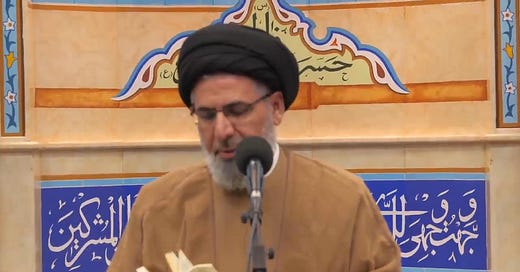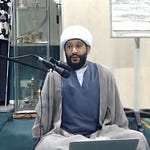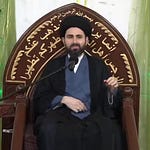Key Takeaways from the Transcript:
Human Weakness and Divine Support:
Prophet Musa (Moses) acknowledged his human limitations and requested emotional support from his brother Harun (Aaron) when confronting Pharaoh. This highlights the importance of seeking support and recognizing our dependence on Allah.
The Indescribability of God:
God’s essence is beyond human comprehension. While we can describe His actions (e.g., creation), His true identity is infinite and cannot be fully understood by finite human minds.
The phrase "Allahu Akbar" means God is greater than any description or comparison, emphasizing His incomparability.
Types of Existence:
Mumtani' al-Wujud (Impossible Existence): Things that cannot exist (e.g., day and night at the same time in the same place).
Mumkin al-Wujud (Possible Existence): Contingent beings like humans, whose existence depends on external factors.
Wajib al-Wujud (Necessary Existence): Only Allah, whose existence is absolute, eternal, and independent.
Pharaoh’s Arrogance and Rejection of Truth:
Pharaoh, as a tyrant, mocked Musa’s message and resorted to insults (calling him "possessed") when he lacked logical arguments. This reflects how tyrants reject truth when it challenges their authority.
Tyrants often demand blind loyalty and are unwilling to engage in honest debate.
Miracles as Divine Proof:
Musa demonstrated two miracles before Pharaoh:
His staff turning into a real serpent.
His hand becoming radiantly white.
These signs were undeniable proofs of Allah’s power, yet Pharaoh remained defiant due to his arrogance.
The Temporary Nature of Power:
Earthly rulers and their dominions are temporary. No leader lasts forever, unlike Allah’s eternal sovereignty.
The story of Buhlul and Harun al-Rashid illustrates the inevitability of death and the futility of worldly pride.
Hope in Divine Provision:
Musa initially sought only fire and food but was granted prophethood and leadership. This teaches believers to remain hopeful, as Allah’s plans often exceed our expectations.
The Universality of God’s Sovereignty:
Pharaoh claimed lordship over Egypt, but Musa emphasized that Allah is the Lord of the entire universe—East, West, and everything in between. This underscores God’s unlimited authority.
Final Reflection:
The narrative of Musa and Pharaoh serves as a timeless lesson on humility, divine support, the limits of human understanding, and the consequences of arrogance. It reminds believers to rely on Allah, recognize the temporary nature of worldly power, and remain steadfast in truth despite opposition.












Share this post